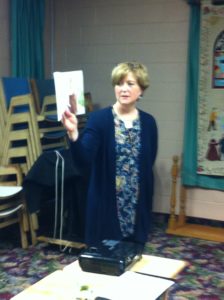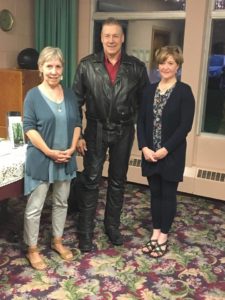“Shame dies when stories are told in safe places.”
~Ann Voskamp
While scanning the menu choices for viewing on my TV last night, I came across an international award-winning documentary called “The Apology” by director Tiffany Hsiung and producer Anita Lee for The National Film Board of Canada on TVO.
It’s a story of the 200,000 young girls and young women who were kidnapped by the Japanese Imperial Army during WWII and taken to “comfort stations” where they were forced into military sexual slavery.
The shame that these ‘comfort women’ carried with them after their release was silently carried for decades until enough of them were encouraged to reveal the truth and begin a path to healing and recovery with their families and their governments before their stories were lost forever as they passed on.
The story is told through the eyes of three elderly women; Grandma Gil in South Korea, Grandma Cao in China, and Grandma Adela in the Philippines. The shame and guilt these women carried for so many years and their bravery and determination to tell their stories and gain a formal apology and compensation from the Japanese government before they are gone is heart-breaking and inspirational.
Through sharing their stories with other victims and finding the courage to finally reveal their hidden truths to their families and those close to them, these women are beginning to find healing and gain international support. In 2014, Gil Won-ok traveled to Geneva, Switzerland where she delivered 1.5 million signatures to the office of the high commissioner of human rights at The United Nations demanding redress to the victims of wartime sexual slavery.
Through telling their stories, past transgressions are brought to light and hope is given to those who survive. When shame, judgement, and blame are set aside it makes room for understanding, healing, and love.
“If we can share our story with someone who responds with empathy and understanding, shame can’t survive.”
― Brené Brown, ‘Daring Greatly: How the Courage to Be Vulnerable Transforms the Way We Live, Love, Parent, and Lead’



